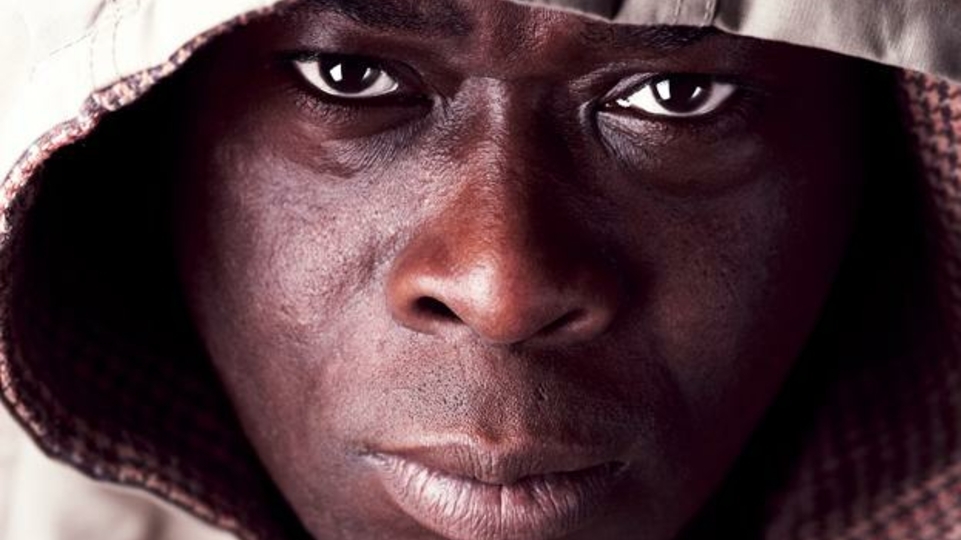60 seconds with...
Tony Thorpe

The release of compilation 'Studio Rockers At The Controls', out now on Studio Rockers, marks the third anniversary for the dubstep label helmed by the steely eye of Tony Thorpe. A musical visionary, Thorpe's CV reads like the musical equivalent of a fantasy football team.
After releasing the first UK acid compilation 'Acid Beats' in 1987, he went on to record era-defining tracks as The Moody Boys, worked with The KLF, including on the chart-topping 'What Time Is Love?', was employed by Wall Of Sound as an A&R, and recently remixed Amy Winehouse and Erykah Badu while also releasing the single 'Freedom', featuring Pete Simpson, on Studio Rockers.
We mined his massive musical brain.
What do you think the enduring appeal is of dub in British dance music?
"I wasn't aware of bass until I heard my first King Tubby records. Reggae and dub have just given UK dance music the backbone of the bass and the drum. For jungle and dubstep, it's an integral part of the music. I grew up listening to reggae and my dad used to have blues parties every Saturday night in smoky rooms filled with people rubbing up against one another. Everything I've done, whether it be house or industrial in the early '80s, has had that backdrop.
"Saying that, there's now a great load of techno-influenced dubstep, as well as horrible noisy stuff — there's a wide spectrum to that music. It's not like jungle, which has split up into different genres, so you can go to a club and only hear intelligent drum & bass all night. At DMZ you hear all different kinds of sounds, it's all over the place. It's great for someone like me at my age making music because you don't have to wonder who's going to dance to it, there's an audience out there!"
Tribal sounds, which you delved into deeply on albums like 'Destination Africa', have also become a trend again in house and techno. Are there any plans to revisit the direction?
"Not really, I've been there, done that. But there's some great African-influenced stuff at the moment. It's the power of sampling. Dubstep to me is still unexplored musically, there's so far for it to go and it can go so many different ways. There's room to experiment whereas house is more restricted.
"The producers I'm feeling, like Skream, Benga, The Widdler, Coki and The Bug are trying to push it forward all the time. I think a lot of them have good, varied musical tastes beyond dubstep. There's a different mixture of flavours. People are very open-minded and that's what appeals to me because it's the kind of person I am."
How does the emergence of dubstep as a new sound compare to the birth of acid house?
"Well there aren't many happy drugs around now, are there? I haven't seen people hugging one another lately! Dubstep might be new to the mainstream but for me it's been going on for a while."